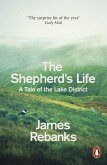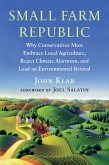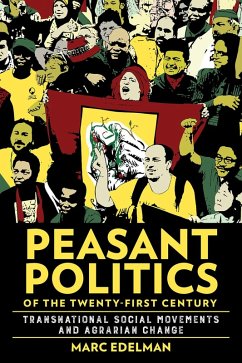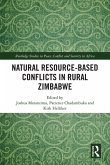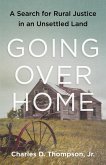In rural development studies there are two mainstream assumptions. One holds that peasants are the victims of state rural development schemes, the other that only planning can ensure change and prosperity in rural regions. It is rarely considered that peasants are architects of their own and local wellbeing - notions which are often in opposition to state plans for agriculture.
The Laissez-Faire Peasant explores how rural development emerges on the ground. The concept involves the manifestation of peasant worldviews in which autonomy in decision-making, freedom of action, spontaneity, and flexibility in everyday cooperation play a dominant role. A role in which individual and local values generate a self-regulating system that manages a range of economic, social, and political relationships. The book examines manifestations of peasant autonomy, both in response to and independent of state rural development policies through a multi-sited ethnography of three Serbian villages. It is shown how these factors impede state programs for rural development while enabling the spontaneous flourishing of local communities. By focusing on the agency of rural residents, the book finds that farmers are resilient and competent managers of their own lives who do not need government plans to thrive.
The Laissez-Faire Peasant explores how rural development emerges on the ground. The concept involves the manifestation of peasant worldviews in which autonomy in decision-making, freedom of action, spontaneity, and flexibility in everyday cooperation play a dominant role. A role in which individual and local values generate a self-regulating system that manages a range of economic, social, and political relationships. The book examines manifestations of peasant autonomy, both in response to and independent of state rural development policies through a multi-sited ethnography of three Serbian villages. It is shown how these factors impede state programs for rural development while enabling the spontaneous flourishing of local communities. By focusing on the agency of rural residents, the book finds that farmers are resilient and competent managers of their own lives who do not need government plans to thrive.
Dieser Download kann aus rechtlichen Gründen nur mit Rechnungsadresse in A, D ausgeliefert werden.



